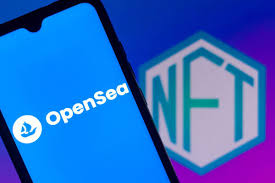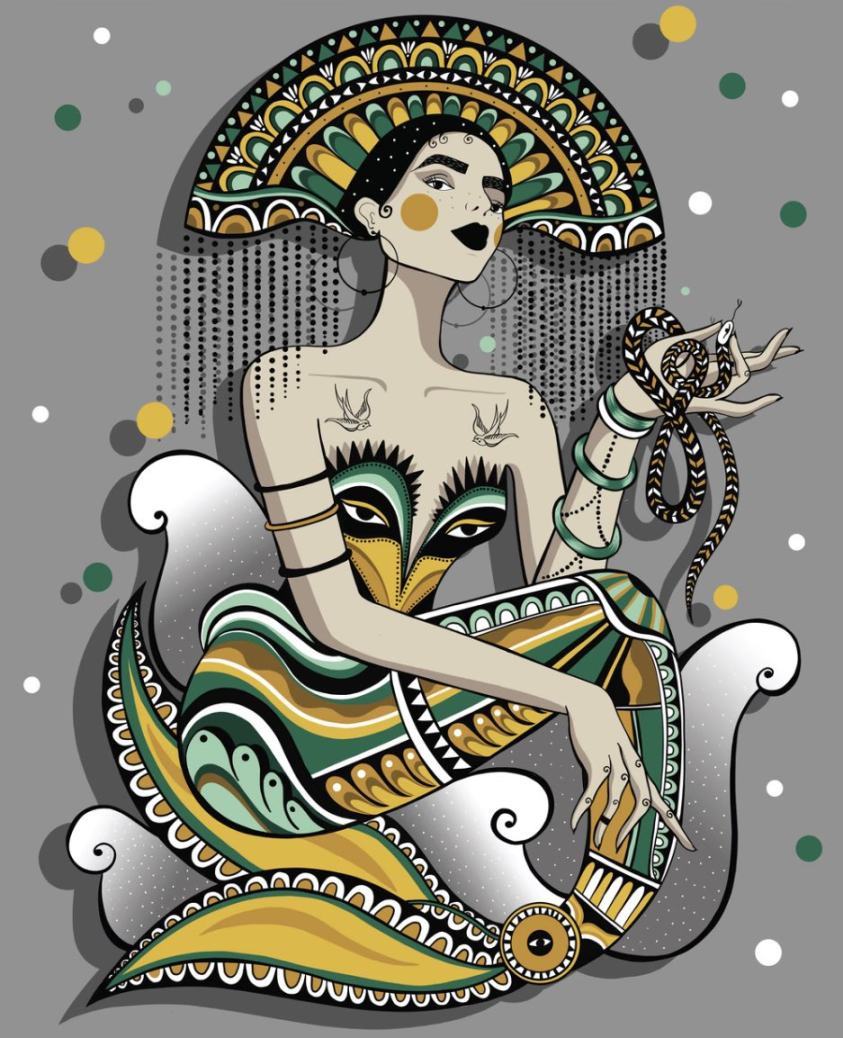Viewpoint | What is the first principle of decentralization of blockchain?

Blockchain technology has built a decentralized world. Imagine: a complete value network that does not depend on any individual and does not care about day and night. Contracts, AI, and sentient beings can interact frequently, and the value flows between them. There are no middlemen, not even operations, they automatically get to where they need to go, just need you to type a line of code. "On the Internet, I don't even know that the opposite is a dog" became, "On the blockchain, the richest man was an AI" "We agreed, it will happen after five hundred years", what is this? A magical world? If this doesn't represent progress, what else can it do?
But a decentralized world is not easy to build and understand. Because centralized thought, like shadow, always interferes with your perception of decentralization. You need to find some criteria, just like judging the fineness of gold, to judge whether a thing is decentralized or not. According to the expression of economics, the difference between centralization and decentralization is whether it contains the agency risk of a certain individual or organization. The meaning of risk is that once these individuals or organizations do not act according to the intention of the principal, the principal may suffer losses. . In the decentralized process, there is only trust in the mechanism and code (the risks of the mechanism and code are clear at the beginning, and intentionally or unintentionally written bugs or "backdoors" are not included in this list). There is no specific individual or This characteristic of organizational dependence has inspired us and proposed the first principle of decentralization:
In the entire process of completing the value exchange, as long as one link is centralized, the entire process is centralized.
- Interpretation of the Central Bank's "Technical Specifications for Financial Distributed Ledgers"
- Protocol Lab's latest keynote: Internet pioneers are talking about distributed networks
- Data privacy black hole under the new crown epidemic: industrial crux needs to be solved by blockchain
This seemingly simple conclusion is actually very powerful, and it can directly test the goodness of all self-proclaimed decentralized projects in the market: whether they have decentralized as they claimed. Everyone can try it out. From one project to another, find out the "centralization" of any part of them-even if they only have the right to upload and download without modification (such as some off-chain matching of zero-knowledge proofs), It's also centralized because you can refuse to perform.
Using the first principle to request the current decentralized world seems a bit too "cruel" (other than the public chain itself, other projects are not satisfied). Can you lower the standard slightly and classify the decentralization according to the level? ? Here, we draw on the efficient market and propose several decentralized standards:
Strong decentralization : that is, there is no centralized agency risk in each link, which fully meets the first principle, such as the public chain based on the POW or POS mechanism, and assets written on the chain that do not depend on off-chain facts, such as A type of NETH ERC20, it is generated by typing 1 ETH in the contract to generate a NETH, and typing 1 NETH in the contract can get another ETH. The contract is open source and does not have any management rights. Such assets, It is the same as ETH, and its value does not depend on any offline team, and it is also decentralized. In contrast, OMG, HT and other assets must rely on the project team to "capture" value. Although they use blocks The chain is written, but it is not decentralized.
Semi-strong decentralization : Considering the vast majority of assets, the value confirmation step may include centralization risks (such as OMG, HT, etc.), so we reduce the standard of strong decentralization without considering value confirmation This step only considers the interaction of assets on the chain. Various DAPPs or applications emphasize the decentralized provision of value or services on the chain, then semi-strong decentralization refers to the entire process of these on-chain services, no longer including the risk of centralization. For example, ERC20 as a service itself is semi-strong decentralized; for example, the fully open-source NEST loan contract is semi-strong decentralized. In short, the only difference between semi-strong decentralization and strong decentralization is that in the entire process of value exchange, only the source of value has the risk of centralization, while other links are completely decentralized. There is a common saying that only the step of on-chain has the risk of centralization. Once it is on the chain, it is completely decentralized. Therefore, semi-strong decentralization preserves the centralization risk of the on-chain step, but does not add additional centers. Risk.
Weak decentralization : Regardless of whether the source of value is decentralized, but in the entire process of completing the value exchange, there is a certain link to achieve by voting, multi-signature, and decentralized nodes, which is called weak decentralization. Weak decentralization is not to further weaken on the basis of semi-strong decentralization, but to say that even if the native asset you use is ETH, in the link of value exchange, there are solutions such as voting, multi-signature, and decentralized nodes. Is also weakly decentralized, so weak decentralization emphasizes some kind of semi-centralized risk in the interaction process on the chain. Of course, if there is this type of operation in the on-chain process, it is also weak decentralization. For example, Chainlink, which uses various decentralized nodes to provide prices, is itself weakly decentralized, because that kind of decentralization has the possibility of cheating (many People stress that mortgages are a guarantee of the cost of cheating, not the possibility of cheating).
Centralized blockchain application : No matter how advanced smart contract development you look at, or the use of so-called blocks and chains, as long as there is centralized control over a certain link on the chain, it is centralized, don't just casually The promotion is decentralized, such as Makerdao (which directly controls important contract parameters: price variables), bZx, which claims to freeze user assets, and various private chains, even if most of the nodes are in their own hands, they declare distributed DPOS public chain. These can only be said to be blockchain or smart contract applications, not decentralized systems, because their creators can artificially control assets on the chain or important variables on the chain. Of course, in order to make this control less explicit, it is generally declared I have used multi-signature or decentralized node arrangements. These cannot be self-certified if they cannot be open, open source, and joined without review. Therefore, they are classified as centralized rather than weakly decentralized.
The first principle of decentralization is so important and simple, but no one in the industry earnestly refines and appeals to everyone to use this as a criterion of judgment, mainly because more and more project parties are conducting various centralized operations, and some The so-called realists have adopted a compromise attitude. They have turned a blind eye to the decentralization of the project, and have not classified or standardized. This is a huge loss and consumption for the industry.
In fact, in all blockchain innovations, what really has subversive ideas is decentralization. This is not only the whimsical idea of Satoshi Nakamoto's solution to the double spend problem, but also the survival of a new technology network. Setting, so that pure technological creation has the "life" of self-evolution. The exploration in this direction has just begun, but we have easily moved to eclecticism. This is a lazy mind in encountering difficulties and an industry chaos. Under the speculative thinking, we need to be vigilant.
We will continue to update Blocking; if you have any questions or suggestions, please contact us!
Was this article helpful?
93 out of 132 found this helpful
Related articles
- Listed Company Topics | The Way of Huobi Holding
- I could have: The role of the blockchain in the epidemic is called "regret"
- Depth | Application Guide for Blockchain Wars
- Community, DAO, DeFi, this conference changed my view of the crypto world
- Perspectives | Issues exposed by the epidemic will become new business opportunities
- France and Austria jointly develop new blockchain forensics tools to help users conduct due diligence
- Video: Insight into the major changes in financial infrastructure in the next 10 years (Part 2)






